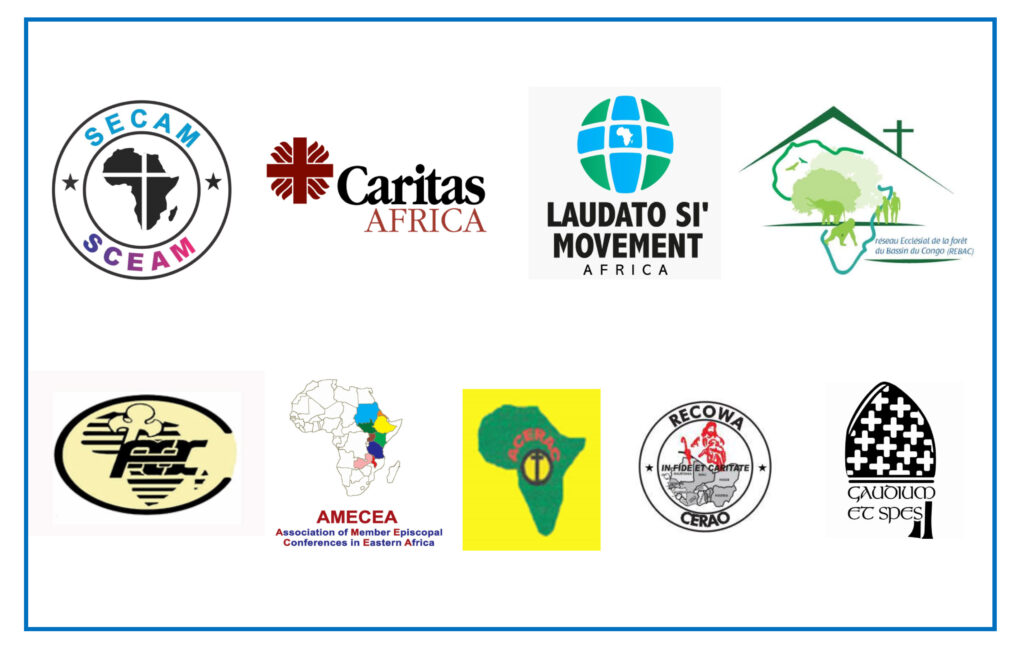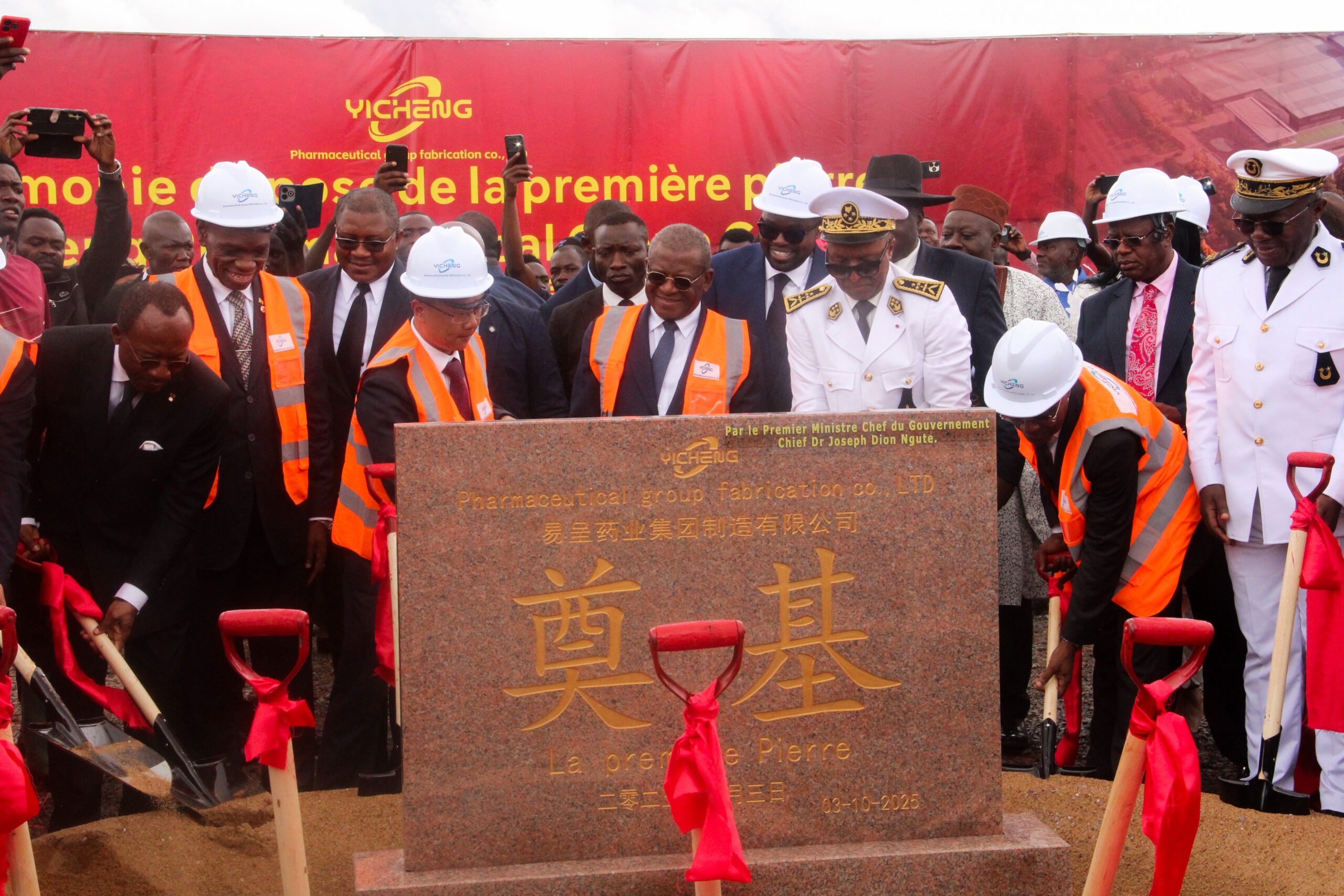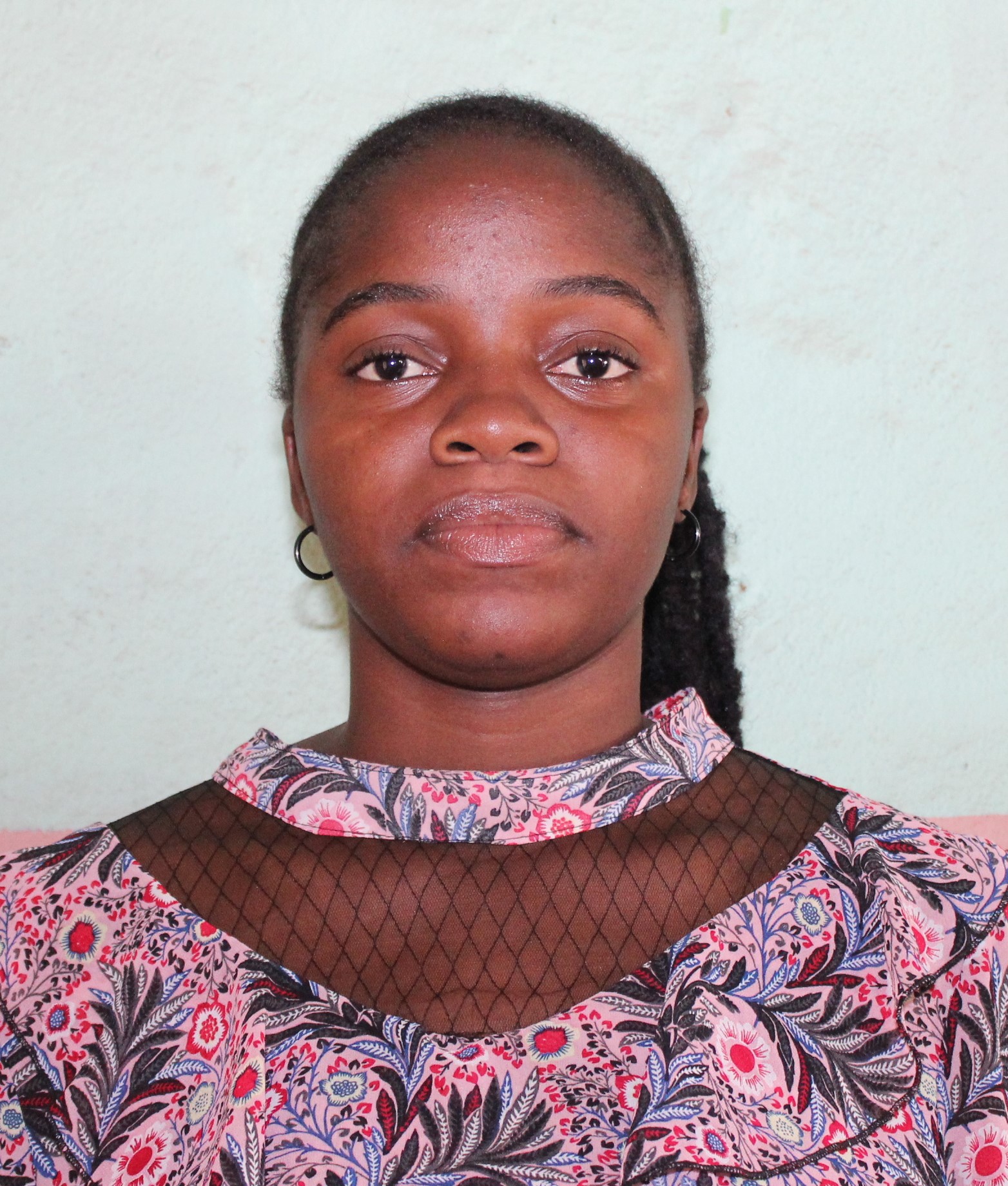By Etienne Mainimo Mengnjo
The Symposium of Episcopal Conferences of Africa and Madagascar (SECAM) has declared that Africa must not be a passive recipient of external climate agendas. Instead, it must become a full architect of its own ecological future. This powerful message was delivered at the Second Africa Climate Summit.

In a formal statement, SECAM affirmed that the climate crisis is a moral and ecological emergency. Africa bears a disproportionate burden—experiencing severe droughts, cyclones, floods, and desertification—despite contributing the least to global emissions. Because of this, the Catholic Church in Africa is calling for bold, fair, and urgent action. They believe climate solutions should be Africa-led, community-rooted, and just.
“Rural communities, rich in indigenous wisdom, are laboratories of integral ecology and must shape pathways to sustainable development,” the statement said.
While the Church supports renewable energy, regenerative agriculture, and appropriate technologies that protect biodiversity and cultural heritage, they emphasize that true solutions must integrate social equity, human dignity, and creation care. They warn against short-term profits or “false solutions,” such as harmful offsets or extractive projects.
SECAM is urging for investments in decentralized, community-driven renewable systems, especially solar energy. This approach, they argue, can create decent jobs, empower women and youth, reduce energy poverty, and curb carbon emissions.
The Church is also calling on wealthy nations to repay their ecological debt through transparent, accessible, and non-indebting climate finance. They insist that funds for loss, damage, and adaptation must be operationalized quickly, directly reaching vulnerable communities to foster resilience rather than dependency.
“As Catholic communities in Africa, we ask the leaders of nations and institutions to recognize their moral duty and commit to urgent and ambitious action to protect our common home and the most vulnerable,” the statement read.
According to SECAM, adaptation efforts must prioritize the poor and marginalized by safeguarding food security, water systems, and livelihoods. The statement also noted that faith communities are ready to collaborate in educating, mobilizing, and supporting affected populations.
Recognizing that climate action is a spiritual imperative, SECAM insists, “We must stop the expansion of fossil fuels and instead expand clean, renewable energy solutions that empower our communities, respect our cultures, and protect our common home.”
Ultimately, SECAM believes Africa must rise as a moral voice and agent of its own transformation. They assert that justice, solidarity, and care for creation demand nothing less.


